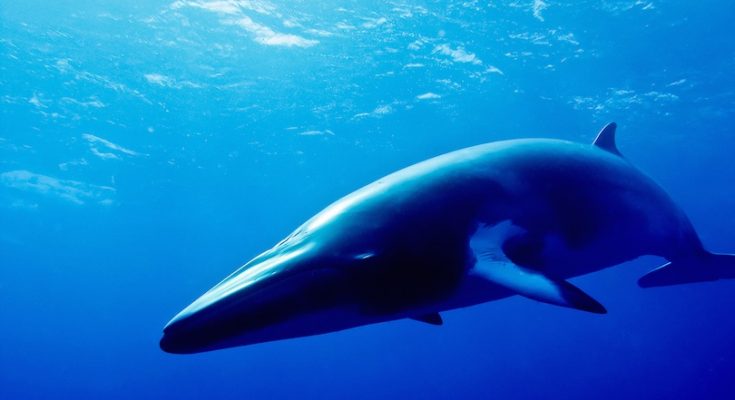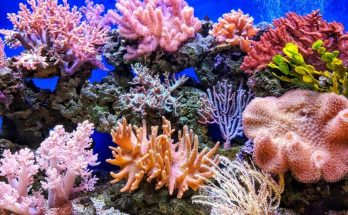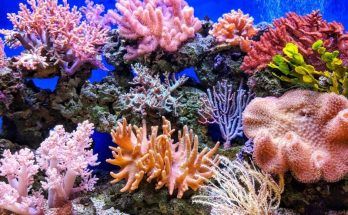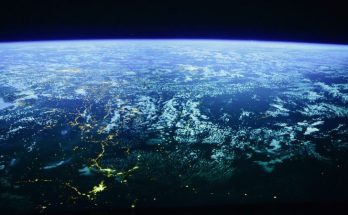#Canada; #BCResearch; #LargeWhales; #Krill
Vancouver (BC)/CMEDIA: The University of British Columbia (UBC)’s new research uncovers a special mechanism in the back of mouths of lunge-feeding whales and large whales that stops water from entering their lungs when feeding on krill
The research was published this month in Current Biology,
“It’s kind of like when a human’s uvula moves backward to block our nasal passages, and our windpipe closes up while swallowing food,” says lead author Dr. Kelsey Gil, a postdoctoral researcher in the department of zoology, in a statement.
The humpback whale and the blue whale are both lunge-feeders, but the scientists’ research focused on fin whales, thanks in part to being able to travel to Iceland in 2018 and examine carcass remains at a commercial whaling station.
“We haven’t seen this protective mechanism in any other animals, or in the literature. A lot of our knowledge about whales and dolphins comes from toothed whales, which have completely separated respiratory tracts, so similar assumptions have been made about lunge-feeding whales,” Gil said.
The study’s senior author Dr. Robert Shadwick, a professor in the UBC department of zoology, says the efficiency of the whales’ feeding is a key factor in their evolution.
“Bulk filter-feeding on krill swarms is highly efficient and the only way to provide the massive amount of energy needed to support such a large body size. This would not be possible without the special anatomical features we have described,” he said in a statement.





